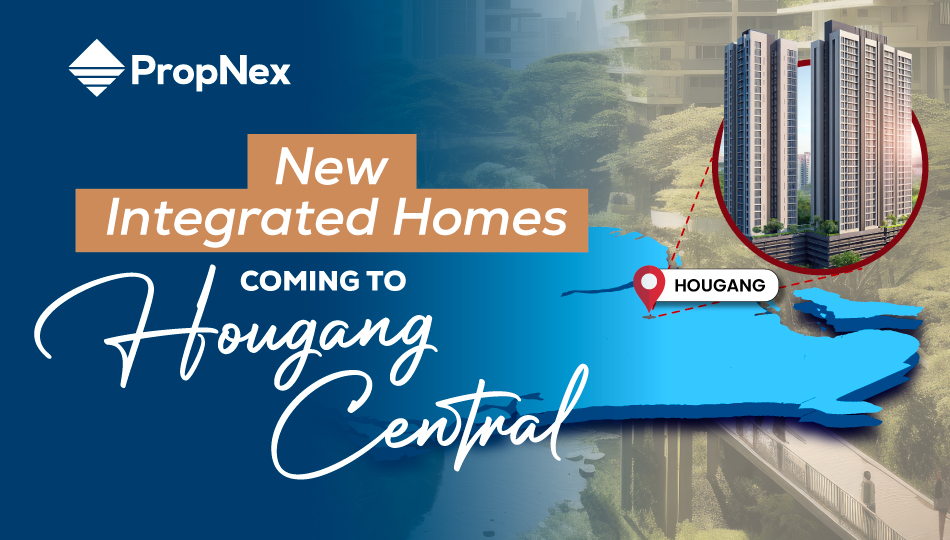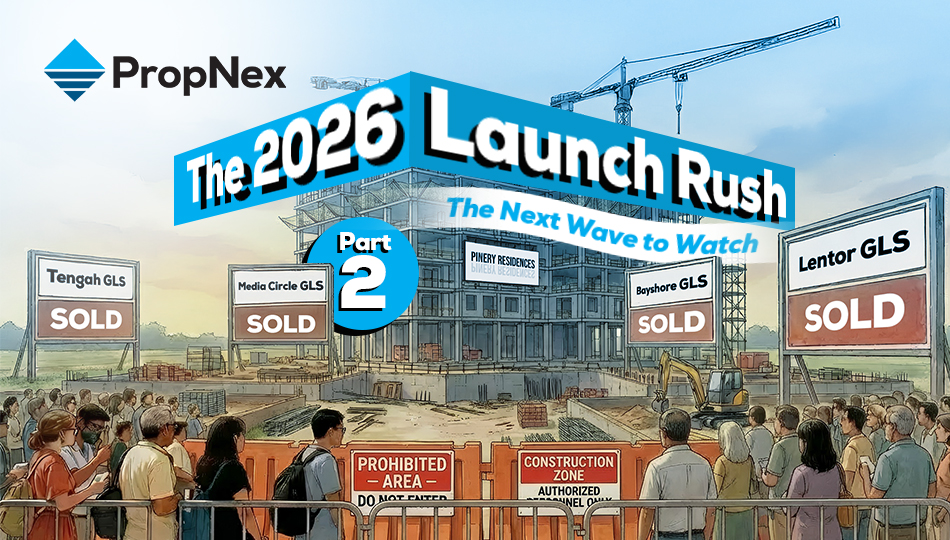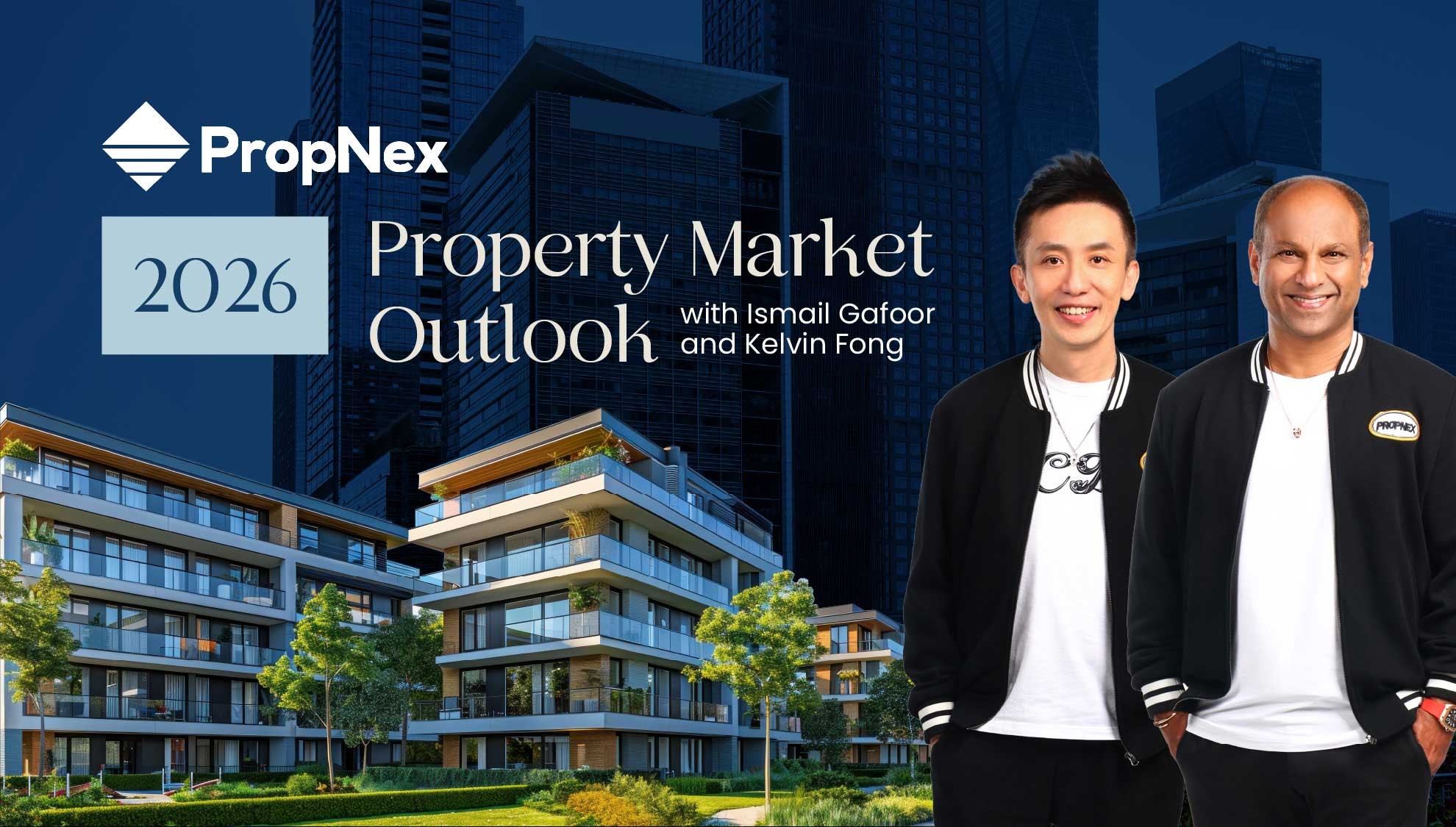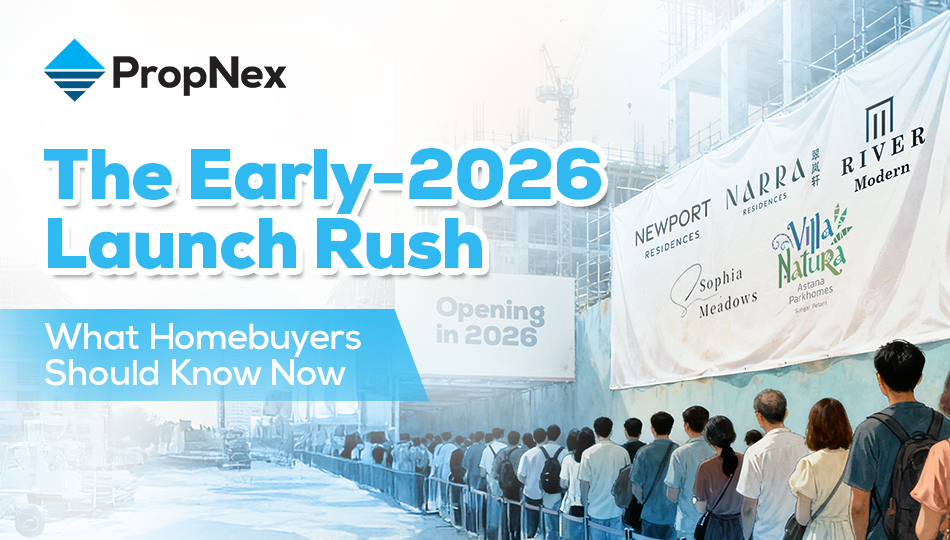How Will The Upcoming Property Tax Hike Impact The Housing Market?
The Singapore government will be raising the Property Tax as part of efforts to enhance its tax system, ensuring that it is fairer and more progressive – with those who could afford to pay more, contributing more toward helping to fund public spending. This was announced by Finance Minister Lawrence Wong at the Singapore Budget 2022 on 18 February 2022.
If you have not caught the news, here’s a quick re-cap. The tax rates for residential properties will be raised – in two steps starting from 2023 – with higher end properties seeing steeper increase.
- The property tax rates for owner-occupied homes for the portion of annual value in excess of $30,000 will be increased from 4% to 16% presently, to 6% to 32%.
- Meanwhile, property tax rates for non-owner-occupied residential properties, which include investment properties, will also be raised from 10% to 20% currently, to 12% to 36%.
Impact on owner-occupied properties
For owner-occupied homes, the increase in property tax affects the portion of annual values in excess of $30,000. This will only impact the top 7% of all owner-occupied homes in Singapore, according to the Ministry of Finance (MOF). Therefore, many households that are living in HDB flats or private properties in the suburban areas – whose annual value of residence is $30,000 or below – will not be affected by the change.
For owner-occupied residential properties
%20Table%201.jpg)
Source: PropNex Research, Ministry of Finance
For instance, a 4-room HDB flat in the city fringe with an annual value (AV) of $11,040 will continue to pay $121.60 in property tax – similar with the tax payable under existing tax treatment (See Illustration A). In another illustration, an owner-occupied condominium in the central location with an annual value of $40,000 will see a final tax increase of $200 in 2024 as the property tax payable rises from the present $1,280 to $1,480 (See Illustration B).
Meanwhile, a home owner who is living in a large landed property will have to fork out more on property tax after the revision, with tax payable rising from the current $2,780 to $3,930 in 2023 and to $5,080 in 2024 (See Illustration C).
Illustration A: Owner-Occupied 4-room HDB Flat in city fringe with AV of $11,040
Current property tax payable: $121.60%20Table%202.jpg)
Illustration B: Owner-Occupied Condominium in central location with AV of $40,000
Current property tax payable: $1,280%20Table%203.jpg)
Illustration C: Owner-Occupied Large landed home with AV of $70,000
Current property tax payable: $2,780%20Table%204.jpg)
By and large, most households should be able to manage the increase in property tax on owner-occupied homes. However, a certain segment of the population, such as retirees who are living in a sizeable landed home and do not have a lot of savings to tap from could potentially find the property tax hike difficult to bear.
Impact on non-owner-occupied properties (including investment homes)
For non-owner-occupied homes, properties that have a higher annual value will see a greater impact from the property tax increase. The revised rates will kick in over two phases, starting from 2023.
For non-owner-occupied residential properties%20Table%205.jpg)
Source: PropNex Research, Ministry of Finance
To illustrate, a non-owner-occupied HDB flat with an annual value of $10,000 will see property tax payable creep up by $100 to $1,100 in 2023 and rise to $1,200 in 2024 (See Illustration D). Meanwhile, a non-owner-occupied condo in the suburbs with an annual value of $30,000 will experience a final increase of $600 in property tax payable to $3,600 from 2024 (See Illustration E).
For a non-owner-occupied condo in the central location – where many investors tend to purchase their investment property – the property tax payable for a unit with annual value of $40,000 will climb from the existing $4,200 to $4,900 in 2023 and to $5,600 in 2024 (See Illustration F).
Illustration D: Non-owner-occupied HDB Flat with an AV of $10,000
Current property tax payable: $1,000%20Table%206.jpg)
Illustration E: Non-owner-occupied Condominium in the suburban area with an AV of $30,000
Current property tax payable: $3,000
%20Table%207.jpg)
Illustration F: Non-owner-occupied Condominium in the central area with an AV of $40,000
Current property tax payable: $4,200%20Table%208.jpg)
PropNex believes the upcoming adjustments to the property tax rates are not likely to seriously dent buying interest nor affect the residential market significantly. Generally, most investors buying Singapore properties take a longer-term view on property purchases, focusing on the long-term returns, capital growth potential and as a means to preserve their wealth – rather than looking at the holding cost in the form of property tax.
The Singapore residential property market has a fairly good track record in terms of long-term growth and as a hedge for inflation. Last year, for example, private home prices grew by 10.6%. Over a longer timeframe – say Q1 2011 to Q4 2021 – private home values rose by 22% based on the Urban Redevelopment Authority’s Property Price Index. In addition, Singapore remains an attractive investment destination, with its stable currency and political environment.
Sign up to be a part of PropNex Friends where you can get timely information on real estate trends, research reports and enjoy exclusive deals.

PX%20REPORT-2000x450px.jpg)












